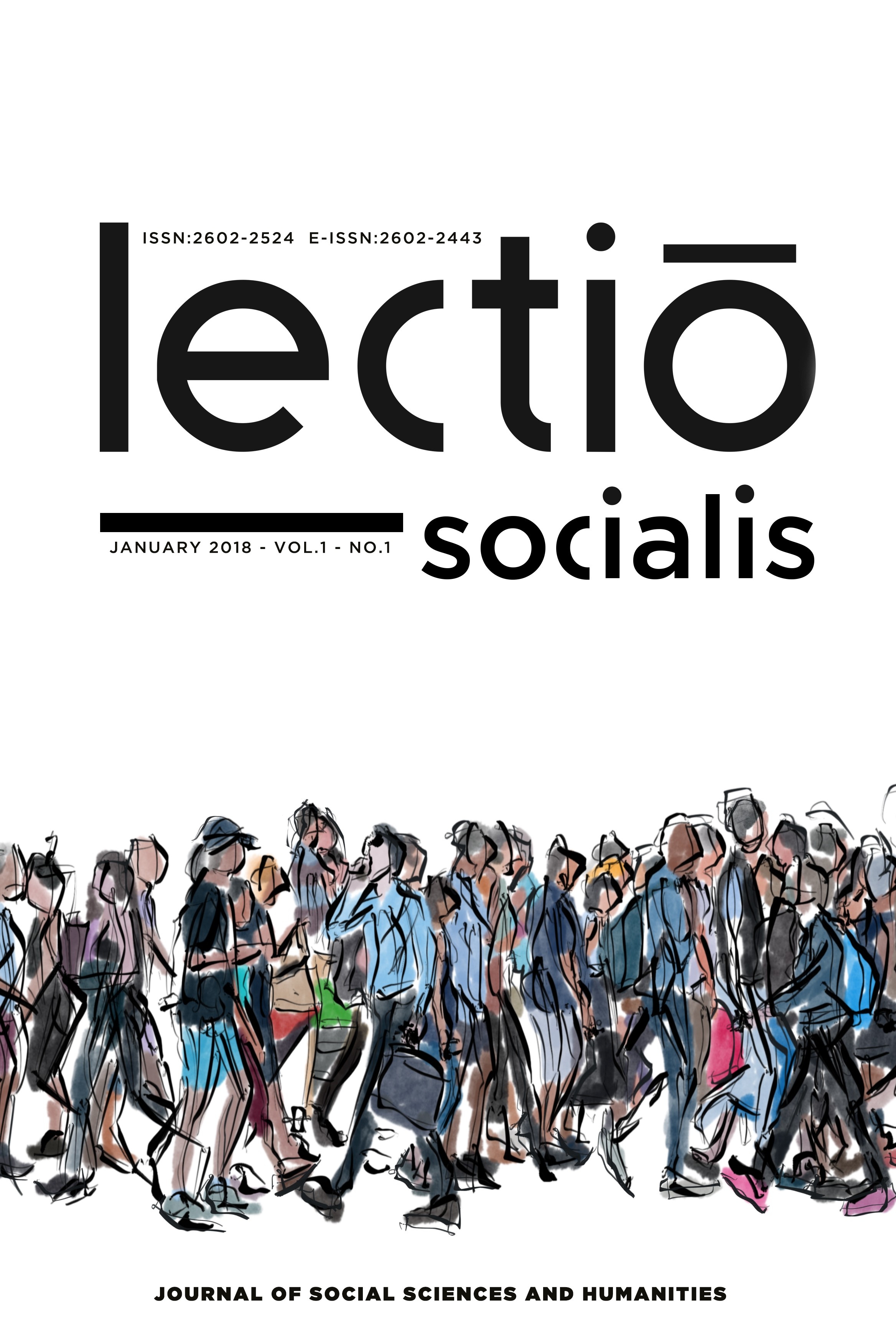Post-international Intervention Libya: The Challenges Against State-Building
Post-international Intervention Libya: The Challenges Against State-Building
The most critical and dangerous prospect for the revolution is that Libyans not only overthrow the Gaddafi regime but also destroy any representation of contemporary power and its center that lacks firm roots in Libyan soil and culture. The revolution and war caused widespread devastation, necessitating a start from scratch. However, due to the Libyan context and situation, this attempt is hampered by numerous impediments related to historical, natural, and geographical contexts to the extent of tribalism and external interference. This has resulted in the emergence of tribal, local, and regional tendencies that are sometimes contradictory but persistent. This makes the process of disarming and integrating militants into state institutions a dangerous endeavor that threatens and impedes the establishment of state institutions necessary for the democratic transition process to succeed and significantly impedes the establishment of the new political system. This article aimed to analyze Libya’s future in the post-international intervention context by looking at the democratic transition and state-building challenges, the impact of the crisis on economic activity and oil production, and weak institutional structures and modernization requirements.
Keywords:
Humanitarian Intervention, Libya, democratic transtion state building,
___
- Al-Faqih, A. & et al. (2012). Where Are the Arabs Going? The Arab Thought Foundation.
- Al-Maqhour, A. K. (2012). The surprise of the democratic transition in Libya: the local council elections. Libya Al-Mustaqbal Website. Retrieved from http://www.libyaalmostakbal.net/news/clicked/22897 on 24.05.2020
- Al-Mughairbi, Z. & Al-Hasadi, N. (2019). Democratic Transition in Libya: Challenges, prospects, and opportunities. Libyan Organization for Policies and Strategies.
- Ali, F., & Robbins, M. (2014). Searching for Stability: The Arab Barometer Surveys a Divided Libya.
- Anderson, L. (1986). Gadhafi and his opposition. Middle East Journal, 40(226).
- Belkiziz, A. A. (2011). Problems After the Fall of the Gaddafi Regime. Arab Future Magazine, 34(393).
- Chivvis, C. S., & Martini, J. (2014). Libya After Qaddafi: Lessons and Implications for the Future. RAND Corporation. https://books.google.com.ly/books?id=PUAkAwAAQBAJ
- Comprehensive Survey of Libyans’ Views of Values. (2019). Global Values Survey (Comprehensive Survey of Libyans’ Views of Values). Research and Consulting Center, University of Benghazi.
- Eid, M. B. (2012). The Interventional Roles of the Arab League in Regional Crises. International Politics.
- Haseeb, K. (2011). Libya ... to where? The fall of the Gaddafi regime ... But? The Arab Future Magazine, Center for Arab Unity., 34(391).
- Ihmida, A. A. al-L. (2012). The Post-Colonial State and Social Transformations in Libya. The Arab Center for Research and Policy Studies.
- International Legal Aid Group (ELAC). (2012). Report of the Civil Society Fact-Finding Mission in Libya.
- Kishk, A. M. (2011). NATO: From the “New Partnership” to Intervention in Crises. International Politics, 285.
- Mahdi, M. A. (2011). A Reading into the Causes and Possible Paths of the Armed Conflict in Libya. Cairo University.
- Rasmussen, A. F. (2011). NATO and the Arab Spring. Middle East Journal, 11875. http://www.aawsat.com/leader.asp?section=3&issueno=11875&article=624877&search
- Secretary-General. (2011). Report of the United Nations Secretary-General on the United Nations Mission to Libya.
- Sharp, J. (2013). How Nonviolent Struggle Works. Albert Einstein Institution. https://books.google.com.ly/books?id=YBaslgEACAAJ
- U.S. Energy Information Administration. (2012). U.S. Energy Information Administration, “Libya: Analysis. U.S. Energy Information Administration.
- Vandewalle, D. (2018). Libya since Independence: Oil and State-building. Cornell University Press. https://books.google.com.ly/books?id=UFluDwAAQBAJ
- Zunmino, D. (2011). The African Union, and the absolute silence on the Libyan crisis. Al Jazeera Center for Studies.
- Başlangıç: 2017
- Yayıncı: Emrah Konuralp
Sayıdaki Diğer Makaleler
Post-international Intervention Libya: The Challenges Against State-Building
The Role of Economy in Right-wing Populism: Two Differing Approaches
The McDonaldization of Public Services: A Case Study of City Hospitals in Turkey
